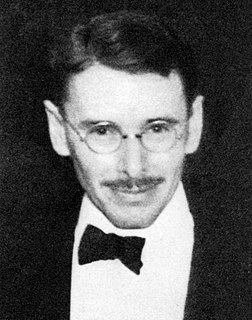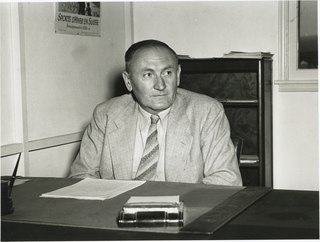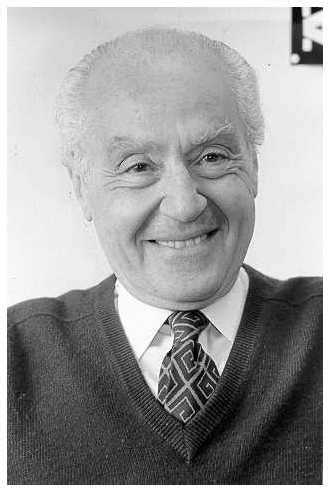A Quote by Desiderius Erasmus
...it is a sneaking piece of cowardice for authors to put feigned names to their works, as if, like bastards of their brain, they were afraid to own them.
Related Quotes
I love dipping into worlds at a fast and furious pace. A little glimpse allows the audience to put together the rest of that world in their brain. I love sketches that require the audience to piece together the comedic engine themselves. Give them all the information but not tell them what the scene is about so they can have that eureka moment of, "Oh my God, he's only used to the way urban students pronounce their names. That's what's going on here.".
We put pride into everything like salt. We like to see that our good works are known. If our virtues are seen, we are pleased; if our faults are perceived, we are sad. I remark that in a great many people; if one says anything to them, it disturbs them, it annoys them. The saints were not like that - they were vexed if their virtues were known, and pleased that their imperfections should be seen.
There were many words that you could not stand to hear and finally only the names of places had dignity. Certain numbers were the same way and certain dates and these with the names of the places were all you could say and have them mean anything. Abstract words such as glory, honor, courage, or hallow were obscene beside the concrete names of villages, the numbers of roads, the names of rivers, the numbers of regiments and the dates.
Take the particular trick of false names. It seems to us particularly odious. We think when we show our contempt for those who use this subterfuge that we are giving them no more than they deserve. It is a meanness which we associate with criminals and vagabonds; a piece of crawling and sneaking...Men whose race is universally known, will unblushingly adopt a false name as a mask, and after a year or two pretend to treat it as an insult if their original and true name be used in its place.
The most obvious – and easiest! – way to gain perspective is to put your work away for a while.
The truth is, we don’t know how taking a break frees up the mind, but it does: Somehow it freshens our little neurons, or perhaps it prompts the brain to create more cleverness molecules.
If you can bear to let a short piece sit a week and a book-length work a month, do so. Longer is fine, too; some authors have abandoned manuscripts for years before unearthing them and realizing, ‘Hey, this isn’t bad,’ and renewing their energy for the project.
We rarely quote nowadays to appeal to authority... though we quote sometimes to display our sapience and erudition. Some authors we quote against. Some we quote not at all, offering them our scrupulous avoidance, and so make them part of our "white mythology." Other authors we constantly invoke, chanting their names in cerebral rituals of propitiation or ancestor worship.









































